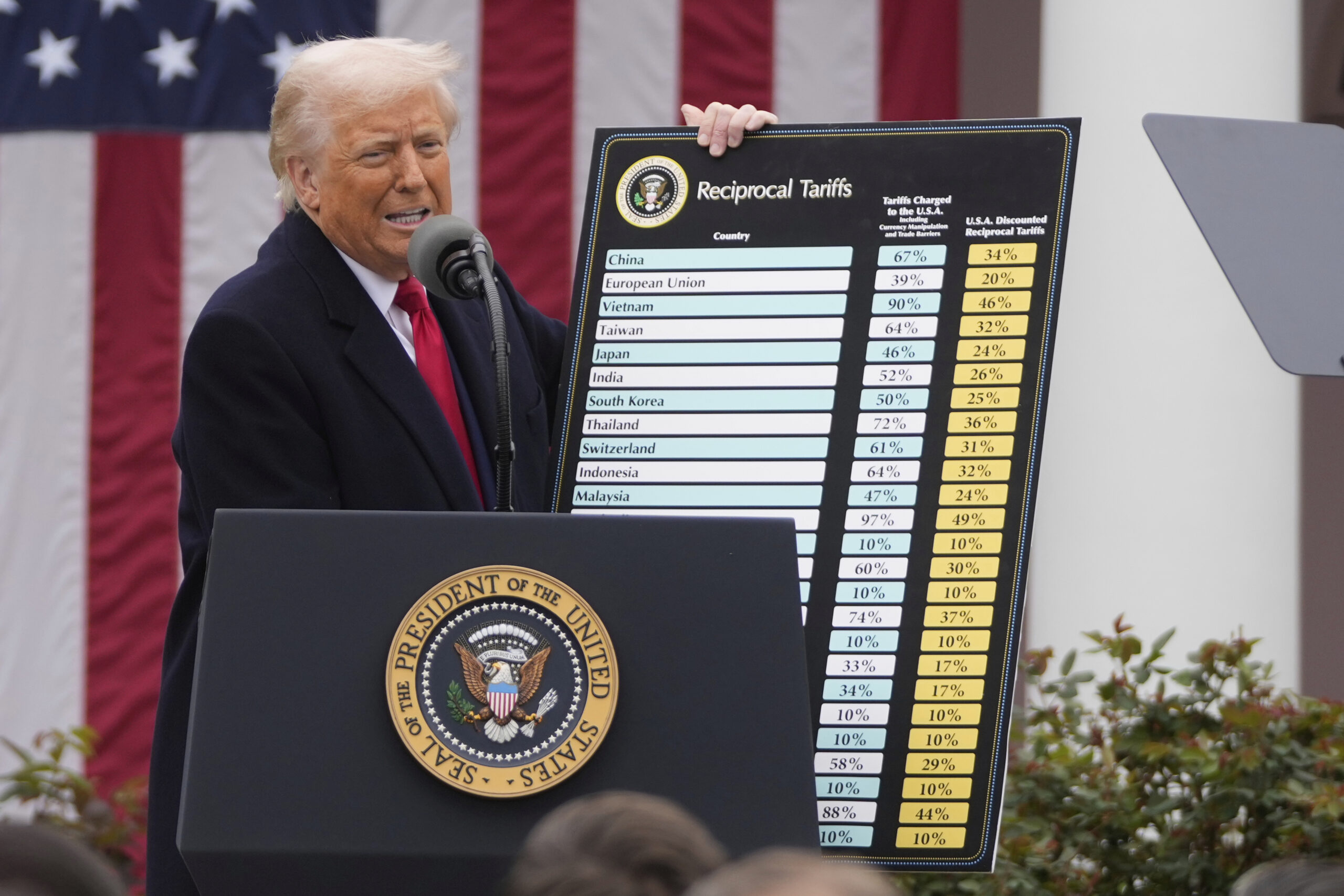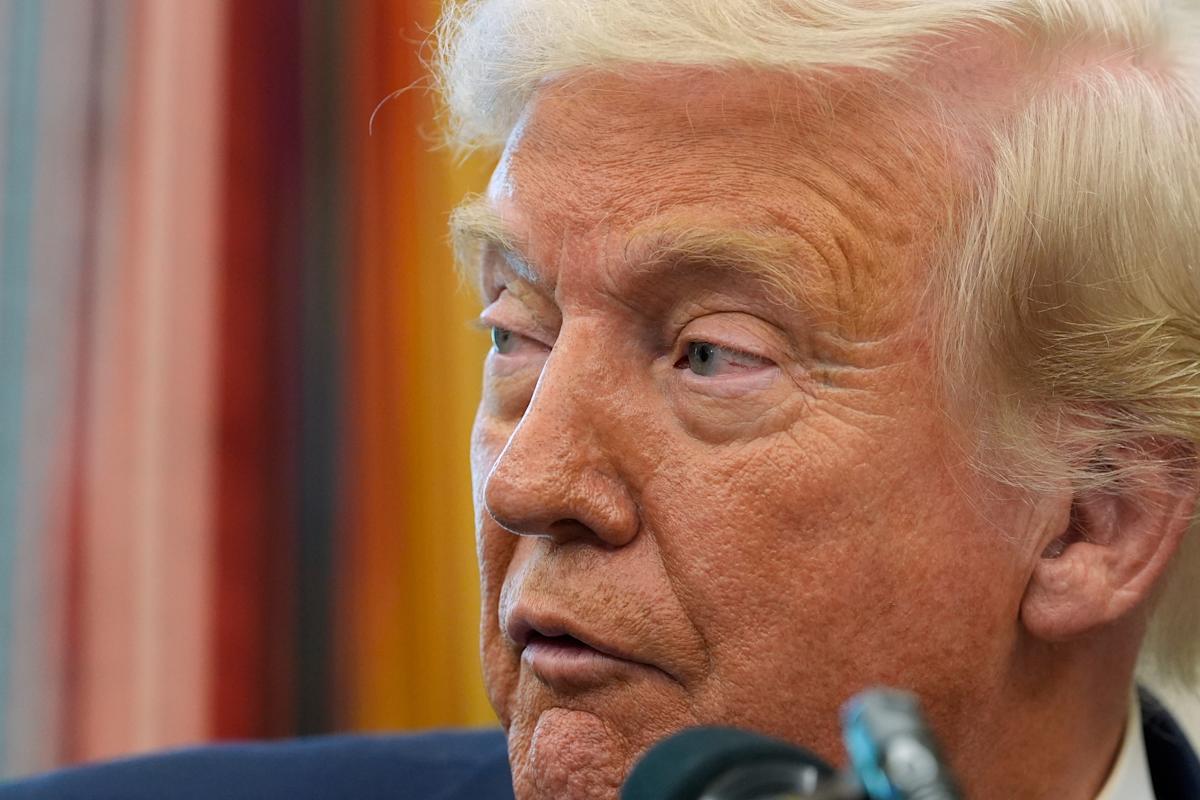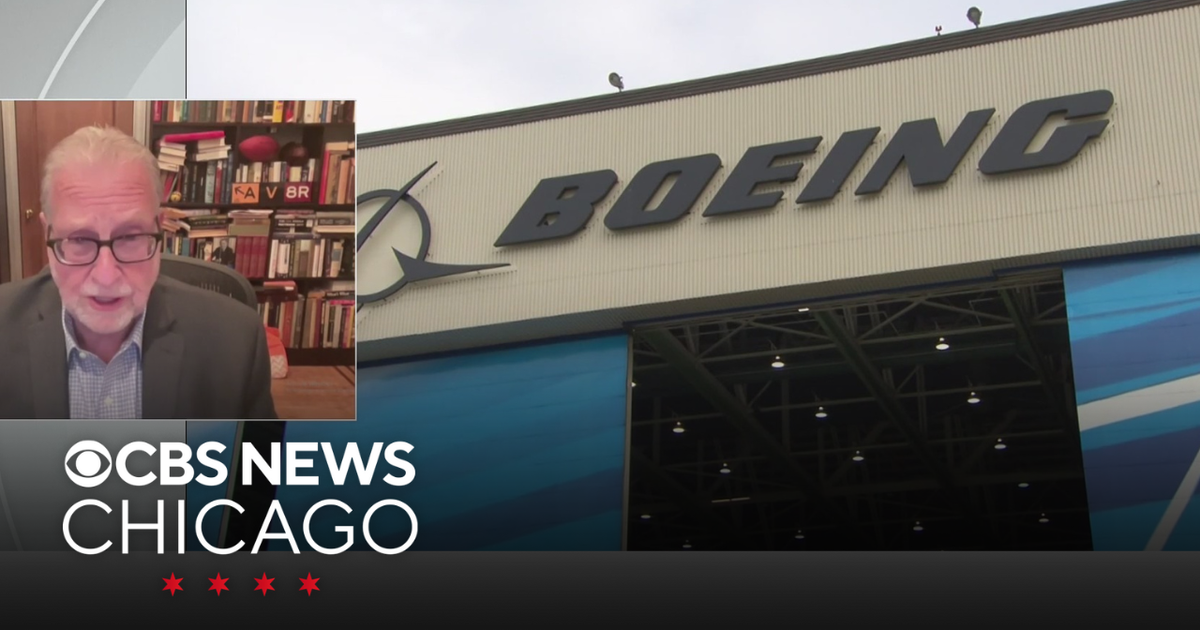China has urged Japan, a treaty ally of the United States, to join forces to fight U.S. President Donald Trump‘s tariffs, the Japanese Kyodo News reports, citing officials in Tokyo.
Japan and China have been in “regular communication” at different levels, the Consulate-General of Japan in Hong Kong told Newsweek.
Newsweek has contacted the Chinese Foreign Ministry and the White House for comment by email.
Mark Schiefelbein/AP Photo
Why It Matters
Earlier this month, Trump imposed “reciprocal tariffs” on dozens of countries, including China and Japan, in addition to a baseline 10 percent tariff on all imports. While he later ordered a pause on the reciprocal tariffs, China continued to face tariffs of up to 245 percent.
Last week, Japanese officials visited Washington, D.C., to negotiate bilateral trade and security ties. After the meeting, Trump said “big progress” had been made, while Japanese Prime Minister Shigeru Ishiba warned that negotiations would “not be easy going forward.”
Meanwhile, China has retaliated against the U.S. with a 125 percent tariff and other punitive measures, including export controls on rare earth. On Tuesday, Trump softened his stance, saying tariffs on Chinese goods would “come down substantially, but it won’t be zero.”
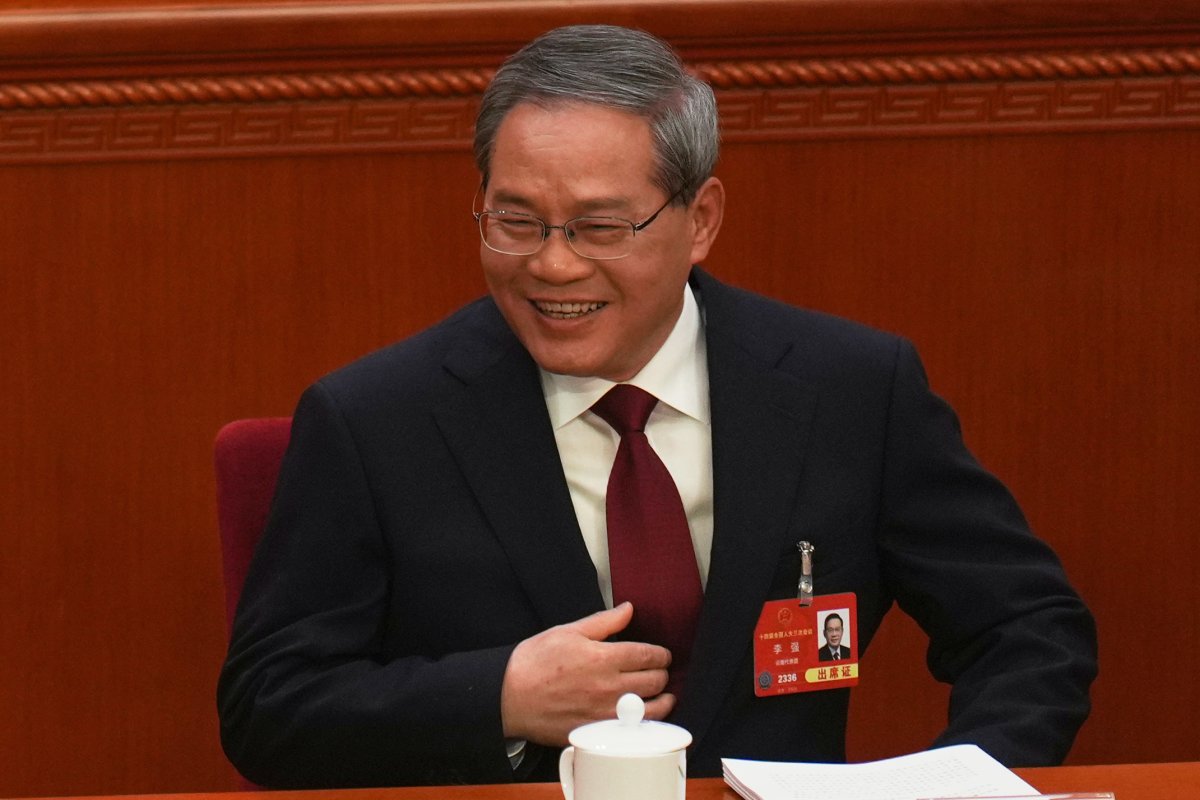
Ng Han Guan/AP Photo
What To Know
On Tuesday, Kyodo News reported that Chinese Premier Li Qiang had sent a letter to Ishiba through Beijing’s ambassador in Tokyo. The Chinese leader appealed to his counterpart to fight protectionism together following Trump’s introduction of tariffs on China and Japan.
“Japan will consider its relationship with China and treat it with caution,” the report said, adding that China was attempting to win over Japan as its confrontation with the U.S. deepened via “a war of tariff increases.”
“We would like to refrain from revealing details of individual diplomatic communication,” the Consulate-General of Japan in Hong Kong told Newsweek in an email on Wednesday.
In late March, China, Japan and South Korea—three of the largest economies in Asia—held a trilateral meeting with the intention of signing a free trade agreement, which they said would be “free, fair, comprehensive, high-quality, and mutually beneficial.”
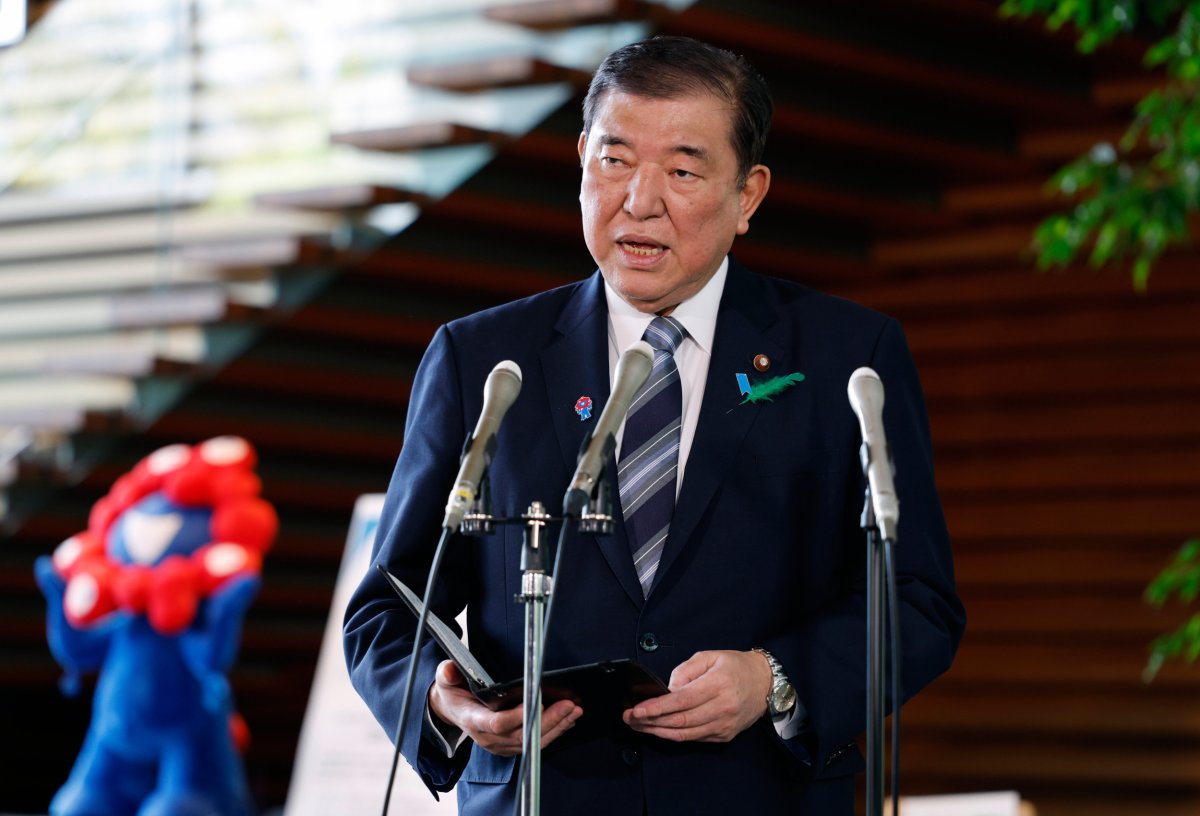
Franck Robichon/Pool Photo via AP
However, China and Japan would face obstacles in coordinating their responses to Trump’s tariffs. Beijing has imposed an import ban on Japanese seafood after the release of treated radioactive wastewater from Japan’s Fukushima Daiichi nuclear plant into the Pacific Ocean.
Another obstacle is the territorial dispute over the Senkaku Islands, a group of islets in the East China Sea that is ruled by Japan but claimed by China as the Diaoyu Islands.
What People Are Saying
Japanese Prime Minister Shigeru Ishiba said on April 17: “Even as I keep a weather eye on the progress of our ministerial-level consultations, naturally, I am thinking about visiting the United States myself at the most appropriate timing to hold a direct meeting with President Trump.”
U.S. President Donald Trump said on April 22: “[China has] to make a deal because otherwise they’re not going to be able to deal in the United States. So we want them involved, but they have to—and other countries have to—make a deal, and if they don’t make a deal, we’ll set the deal.”
A spokesperson for the Chinese Commerce Ministry said on April 21: “China is firmly opposed to any party striking a deal at the expense of the Chinese side. If such a situation arises, China will never accept it and will take countermeasures in a resolute and reciprocal manner. China is determined and capable of safeguarding its own rights and interests.”
What Happens Next
It remains to be seen whether China, which refuses to back down over tariffs, will seek coordination from South Korea, another U.S. treaty ally, to deal with Trump’s trade policies.
